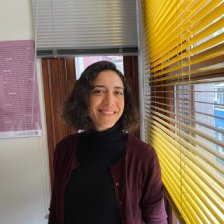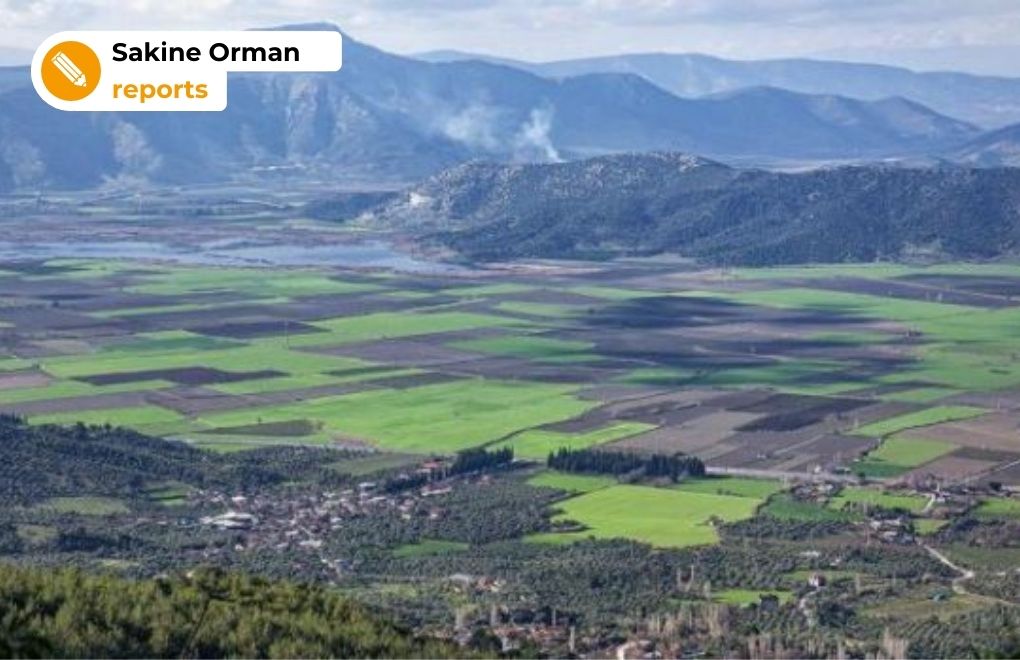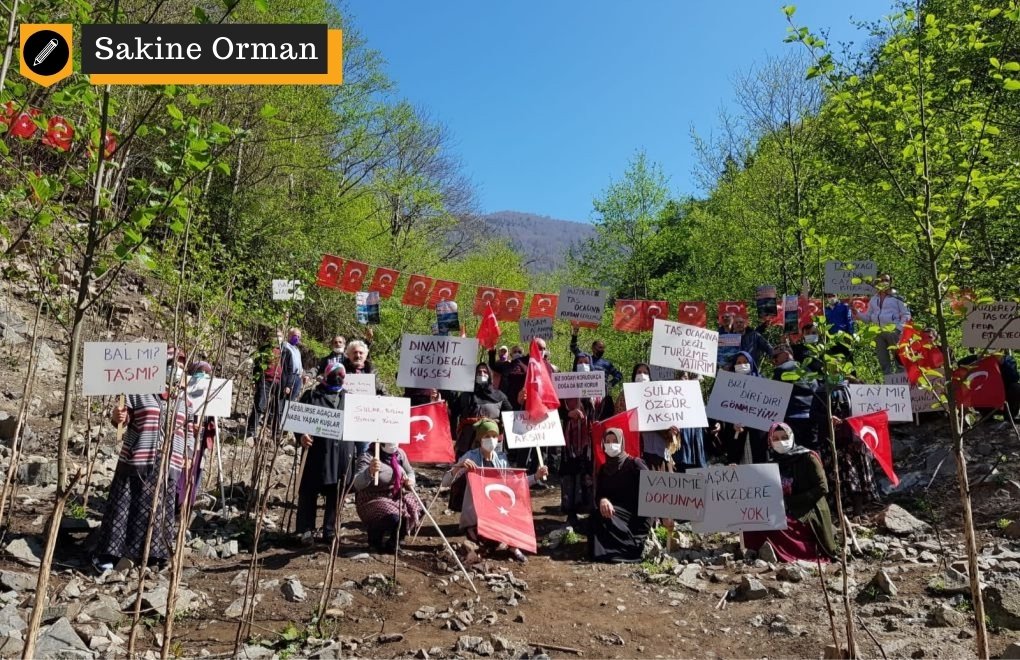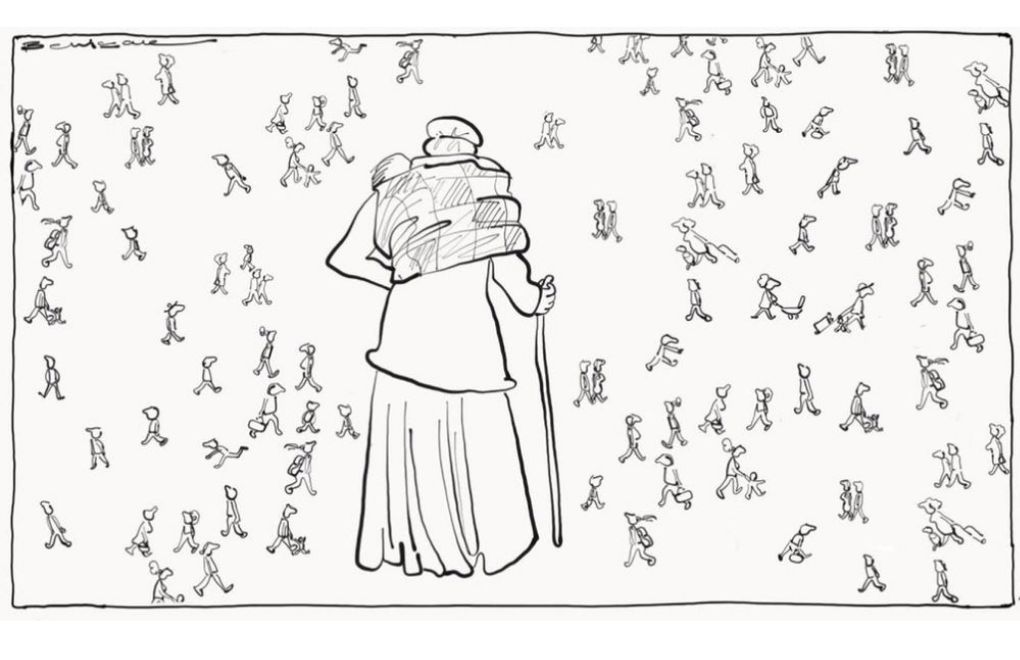* Menderes Plain from the top of Mount Kartal
Click to read the article in Turkish
The District Municipality of Tire and 98 people who live in the neighborhoods of Küçükkale and Büyükkale applied to the İzmir 4th Administrative Court yesterday (December 21) and filed a lawsuit against the Directorate General of Mining and Petroleum Affairs of the Ministry of Energy and Natural Resources. In their petition to the court, the locals have requested that the mining licenses granted by the administration for a marble quarry project in Mount Kartal and its surrounding area be cancelled.
Filing the lawsuit on behalf of the Tire Municipality and the 98 people of the neighborhoods, lawyer Cem Altıparmak says that Mount Kartal and the villages in its vicinity harbor the clean water resources that provide the Küçük Menderes basin with water. He notes that it is an important area in terms of ecology, local economy and culture given its fertile olive groves, rich forest ecosystems and archeological protected sites.
The lawyer recalls that the Ministry of Environment and Urbanization also referred to the fertile olive groves in a 3-kilometer radius and halted the Environmental Impact Assessment (EIA) process of the marble quarry project to be undertaken in two sites based on these mining licences.
Grade 1 and 3 natural site area
The area licensed for mining was declared Grade 1 and 3 natural site areas by the Ministry of Culture and Tourism's İzmir Regional Board of Protecting Grade 1 Cultural Assets on October 20, 2021.
Lawyer Cem Altıparmak underlines that according to the related legal regulation, no stones, soil or sand can be taken from Grade 1 and 3 natural site areas just as no lime, stone, brick, marble, sand or mine quarries can be opened in these places and no soil, cinder, industrial waste or similar other materials can be discharged into these areas.
Altıparmak says that they applied to the administration to cancel the related mining licenses, but this application was left unresponded.
"This attitude of the administration is against the mindset of an administration respectful for the rule of law and rights; it is also a negative approach in terms of environmental democracy and people's participation in decision-making processes about environmental issues," he notes.
'The sword of Damocles for the locals'
Altıparmak says that even though the EIA process of the marble quarry has been halted, the investing company still holds the related mining licenses and, for this reason, there is no obstacle to new attempts on its part to launch new mining projects in the region based on these licenses.
Sharing further details about the project, lawyer Altıpamak says that it foresees mining activities related to natural stones for decorative purposes such as marble, calc-sinter, granite, andesite and basalt. According to the lawyer, the company which holds the license may apply for an EIA process for another project within this scope, rather than marble.
"Such a situation causes the local people to live under a risk of mining in an unjust, unlawful and constant manner. These licenses are the Sword of Damocles for the local people," says lawyer Cem Altıparmak, explaining that "as long as the related licenses remain in effect, neither the local people nor the nature of the area will find peace and quiet."
The lawyer argues that this situation is openly in breach of Article 17 of the Constitution, which says, "Everyone has the right to life and the right to protect and improve his/her corporeal and spiritual existence."
'An example of inconsistency'
Lawyer Cem Altıparmak indicates that the areas licensed for mining in İzmir's Tire will lead to the destruction of carbon sinks, which constitute one of the most important tools in the fight against the climate crisis, and they will thereby aggravate the climate crisis.
Elaborating on the importance of carbon sinks, Altıparmak says:
One of the most important axes to maintain balance in climate is marine and land carbon sinks, which absorb the carbon dioxide emitted by burning fossil fuels such as coal, oil and natural gas. Carbon sinks are defined as natural or human-made systems that absorb the carbon dioxide from the atmosphere and keep it. Forests are considered to be one of the most widespread types of carbon sinks.
Recalling that Turkey has been reiterating the protection and extension of carbon sinks as part of its strategy and action plans on climate change for years, Cem Altıparmak underlines that turning a blind eye to the destruction of agricultural lands, forests and olive groves against these findings and targets as part of local projects and giving permissions for such projects on an institutional level are totally against Turkey's policies and pledges in the fight against the climate crisis.
Concluding his remarks, the lawyer defines it as "a clear example of inconsistency in the fight against climate crisis" that Mount Kartal has been opened for mining activities by granting a mining license for reasons of public administrations' lack of coordination and/or indifference. (SO/SD)






.jpg)

.jpg)

